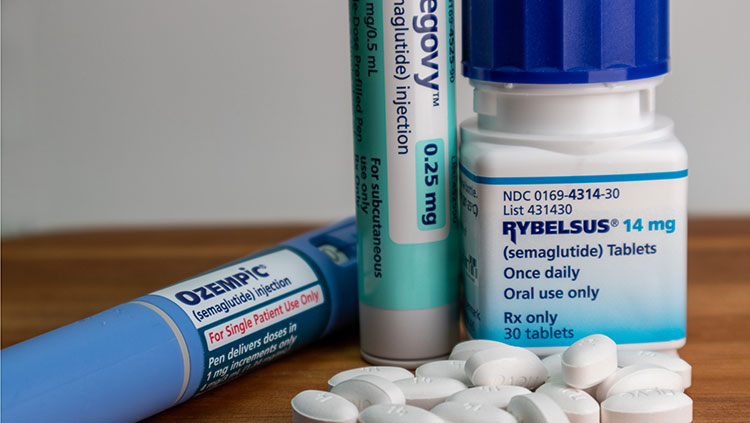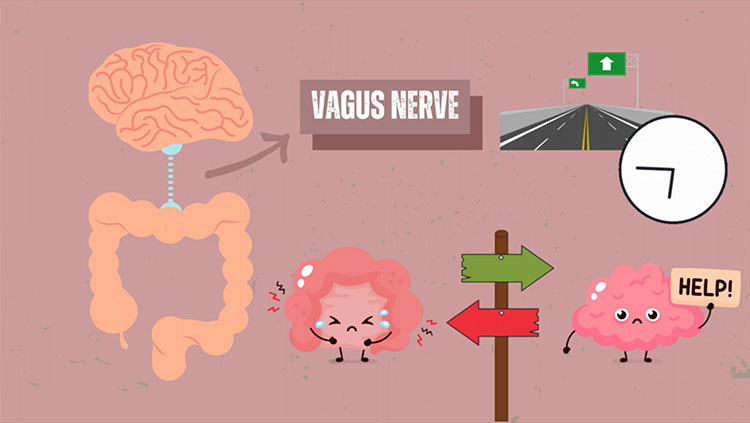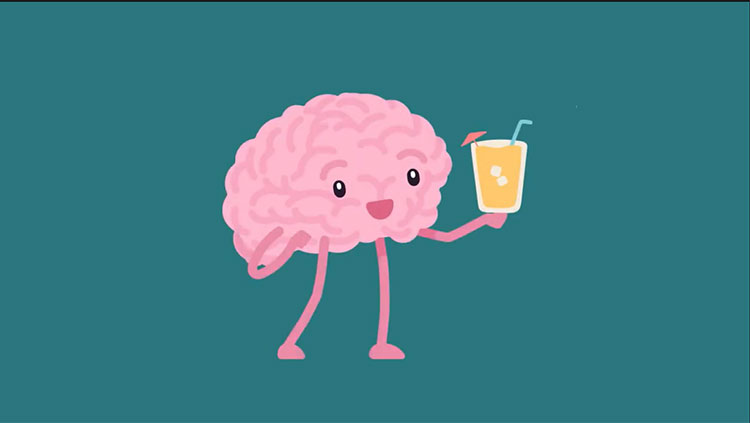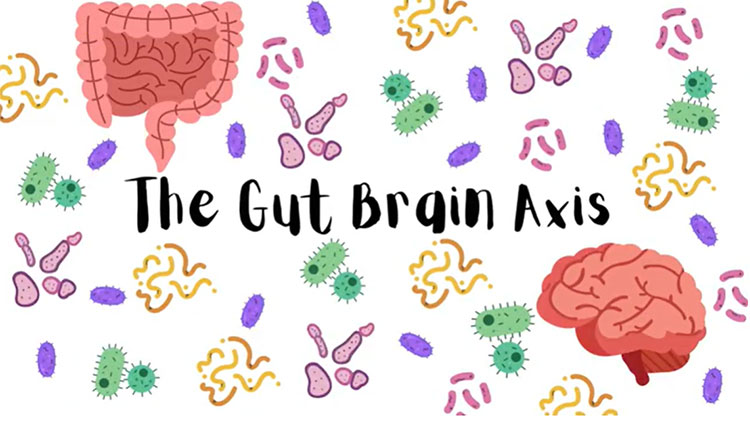The Immune System, the Microbiome, and the Brain
- Published21 Sep 2018
- Reviewed21 Sep 2018
- Author Judy Gelman Myers
- Source BrainFacts/SfN

Scientists have long believed that the human immune system may pose a danger to the brain, and that most bacteria make people sick. Conventional wisdom held that the same immune cells protecting us from infections attacked the brain’s neurons. Likewise, scientists viewed infectious bacteria as threats spewing toxins that damage tissue and cause illness. However, new perspectives on the immune system and the gut microbiome — the bacteria, viruses, and microbes that inhabit human bodies from birth — are beginning to take hold.
Neuroimmunologist Jonathan Kipnis recently demonstrated that mice with dysfunctional immune systems failed to engage in social behavior. The research highlights the importance of interferon gamma, an immune molecule that helps protect against harmful bacteria, viruses, and parasites.
Interferon gamma is critical not just to health, Kipnis found. It also is linked to social behavior. When researchers blocked the molecule in mice, regions of their brains became hyperactive, causing the mice to become less social.
Kipnis said interferon gamma is involved in social behavior and anti-pathogen response and the two systems might have co-evolved. “At some point, social behavior emerged,” Kipnis says. “If two organisms wanted to communicate, they would need to make sure that one would not die from the bugs of another, so it is highly possible that anti-pathogenic response and social behavior co-evolved using similar/same molecules and signaling pathways.”
Understanding the link between the immune system and social behavior may enhance the understanding and treatment of certain social disorders.
Jeffrey Gordon, nicknamed “the father of the microbiome,” is working to harness the beneficial effects of the microbiome. Gordon has demonstrated that malnutrition in early childhood produces an immature microbiome, leading to stunted growth and dangerously low weight.
With funding from the Bill & Melinda Gates Foundation, Gordon is trying to develop a therapeutic food prototype that promotes the establishment of gut microbiomes that contribute to healthy development. He is testing the prototype in India to see whether its use can restore normal development in severely malnourished children.
Preliminary studies by doctoral candidate, Samuel Bowers of Northwestern University show that Mycobacterium vaccae, a harmless bacterium that lives naturally in soil, protects sleep-deprived mice from experiencing stress. Sleep-deprived mice who were injected with the bacteria and placed in a stressful environment performed significantly better on a learning and memory test than sleep-deprived mice who were placed in the same environment without receiving the injection.
This is potentially great news for kids who love to play outdoors as well as for the US Navy, which funded the research with the goal of creating a bacteria-based vaccine to fight stress in sleep-deprived sailors.
Bowers says his findings also raise concerns about the current medical practice of treating and preventing infections with drugs that kill or inhibit bacteria. “Killing so many bacteria by giving kids antibiotics when it’s unnecessary becomes more and more alarming,” Bowers says.
CONTENT PROVIDED BY
BrainFacts/SfN
References
Also In Body Systems
Trending
Popular articles on BrainFacts.org

















